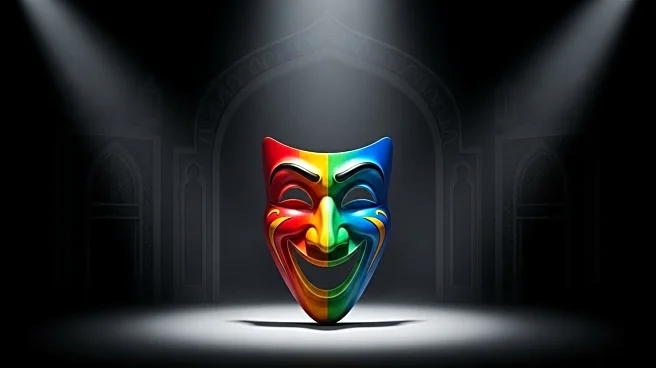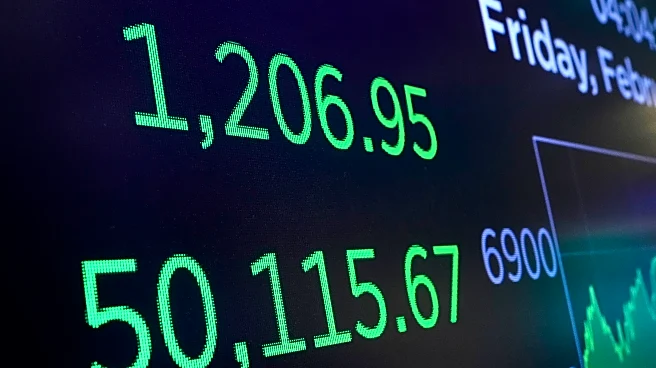What's Happening?
The inaugural Riyadh Comedy Festival, featuring prominent comedians like Dave Chappelle, Kevin Hart, and Bill Burr, has sparked controversy due to Saudi Arabia's human rights record. The festival, claimed to be the largest of its kind, was organized and funded by the Saudi government as part of efforts to boost local investment and improve its global image. Critics, including comedians Marc Maron and David Cross, have accused participants of aiding in 'reputation laundering' for the Saudi regime, which has been criticized for its restrictive laws and human rights abuses. Despite the criticism, some comedians have defended their participation, framing it as a cultural exchange and noting the presence of diverse audiences at their performances.
Why It's Important?
The festival has exposed a divide within the comedy industry regarding the ethical implications of performing in countries with controversial human rights records. While some comedians view their participation as an opportunity for cultural interchange, others argue that it undermines efforts to hold such regimes accountable for their actions. The event highlights the broader issue of how entertainers navigate the complexities of international performances, balancing cultural engagement with ethical considerations. This controversy may influence future decisions by artists and entertainers when considering performances in countries with contentious political climates.
Beyond the Headlines
The Riyadh Comedy Festival has brought attention to the broader issue of free speech in Saudi Arabia, where laws criminalize criticism of the government. The participation of international comedians in the festival raises questions about the role of art and entertainment in challenging or reinforcing authoritarian regimes. The event also underscores the influence of major talent agencies and financial incentives in shaping the decisions of performers, potentially overshadowing ethical concerns. As the comedy industry grapples with these issues, the festival may serve as a catalyst for deeper discussions about the responsibilities of artists in global contexts.










